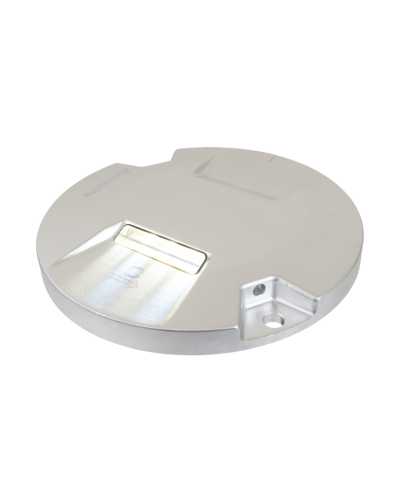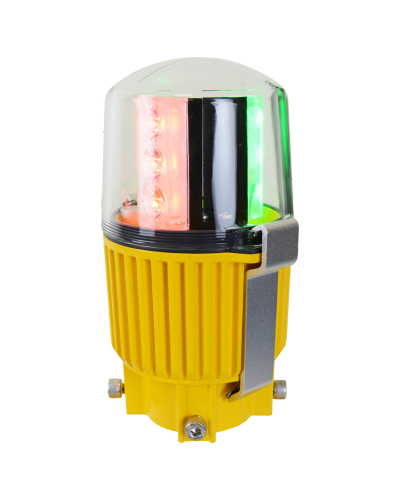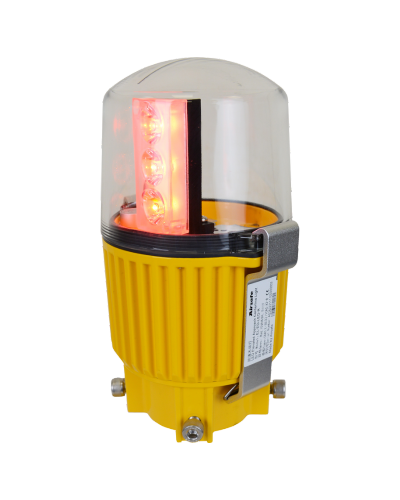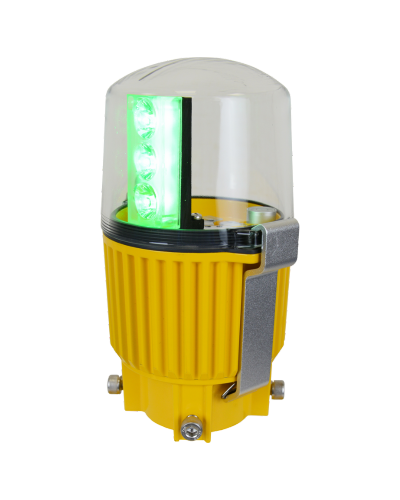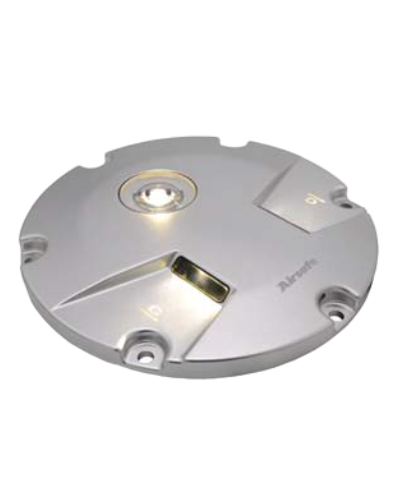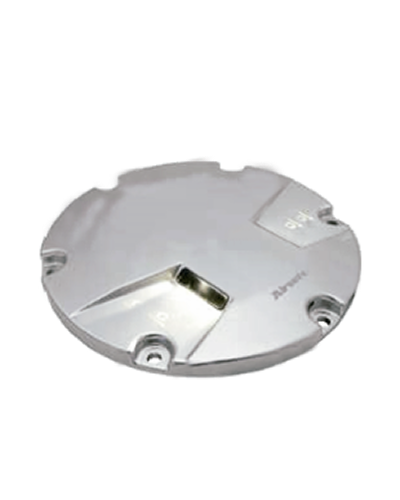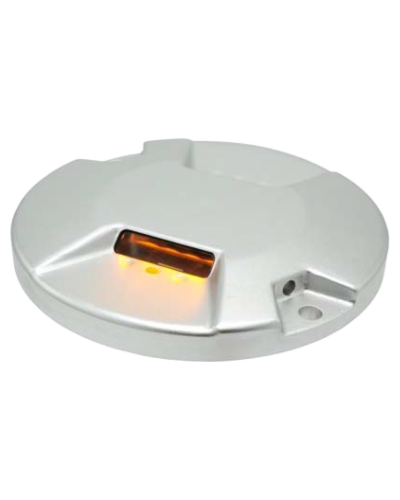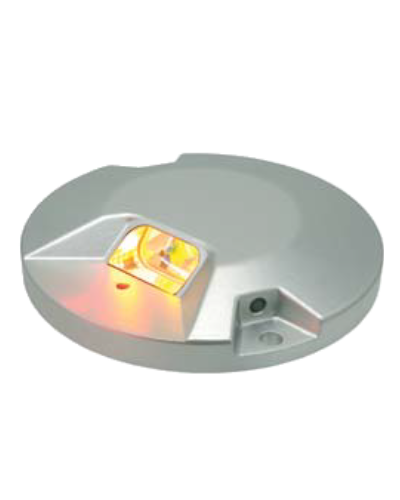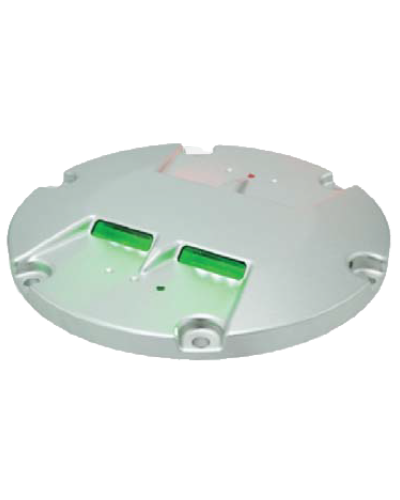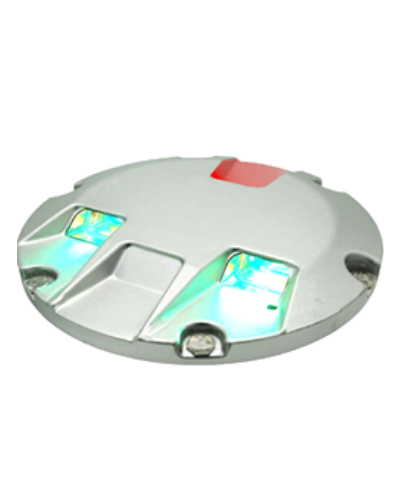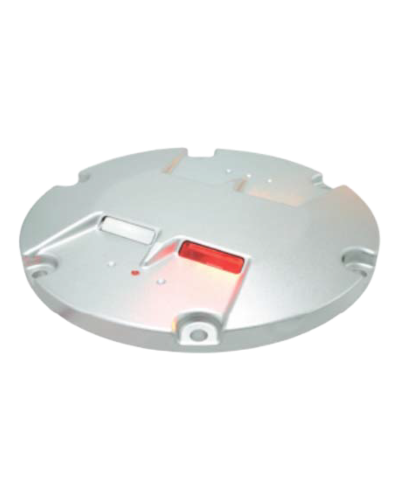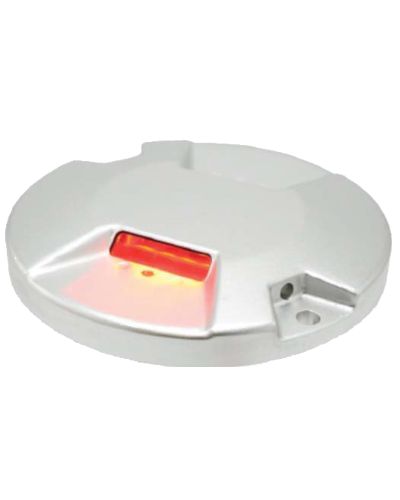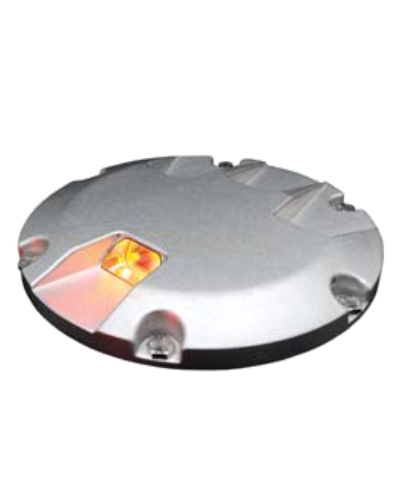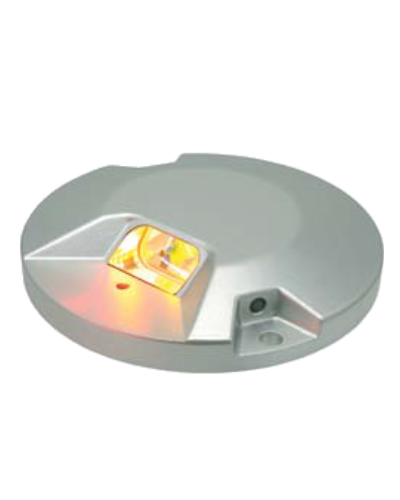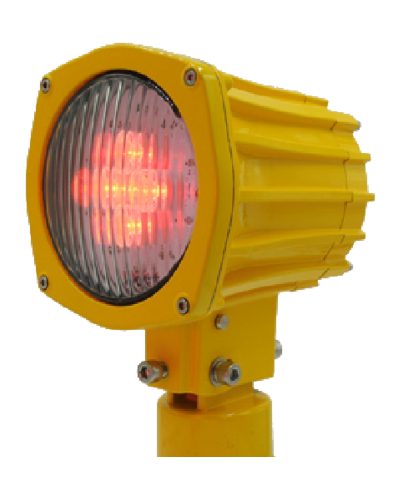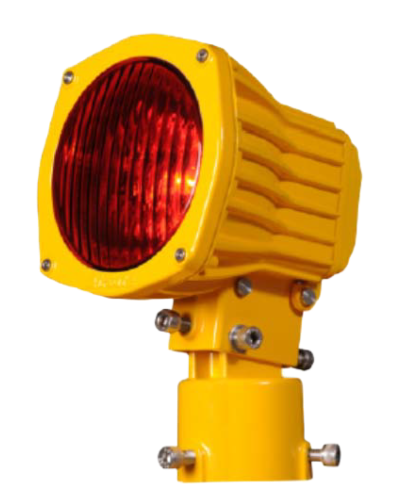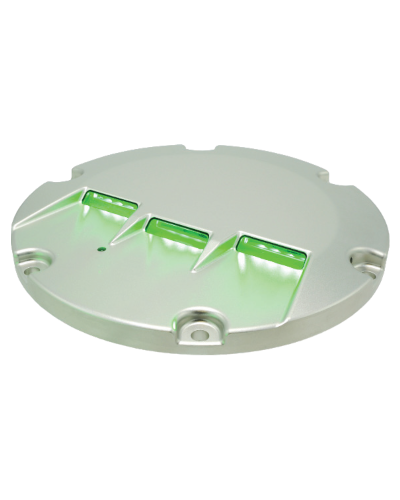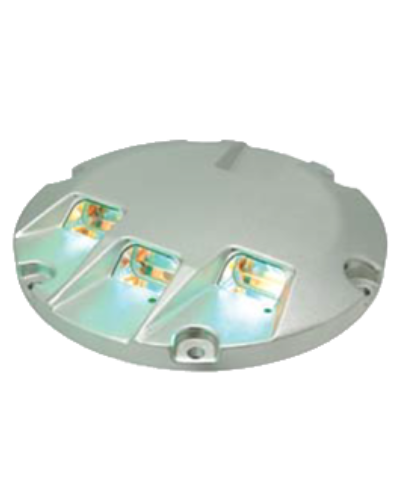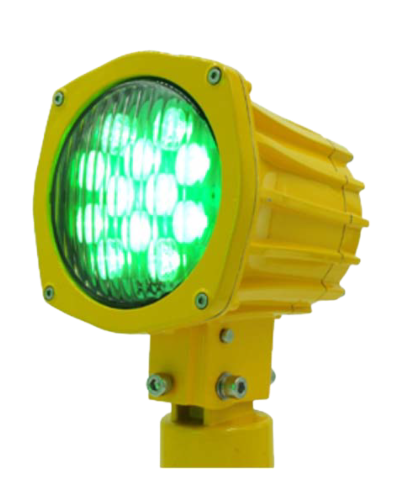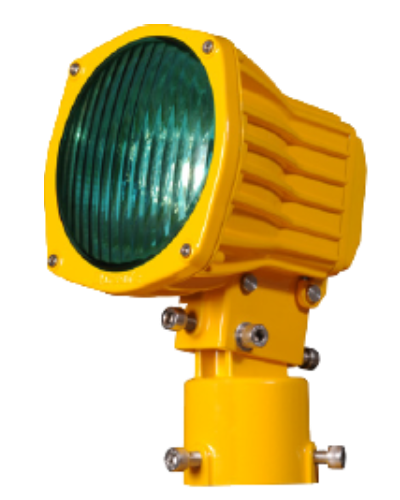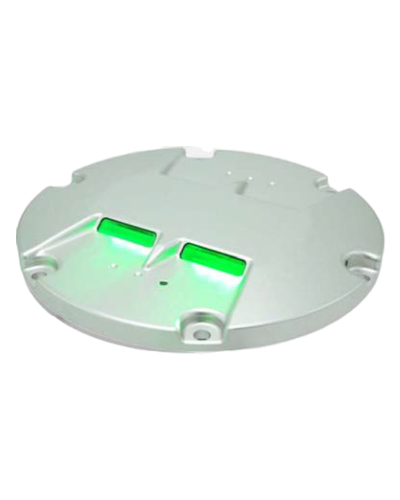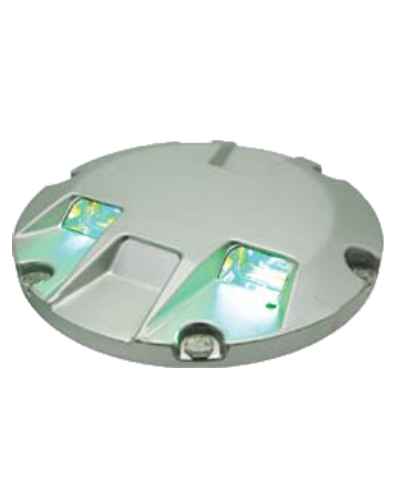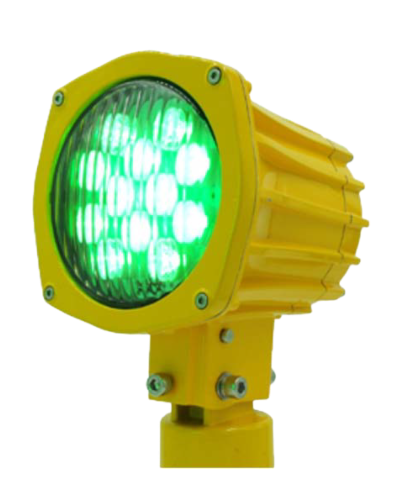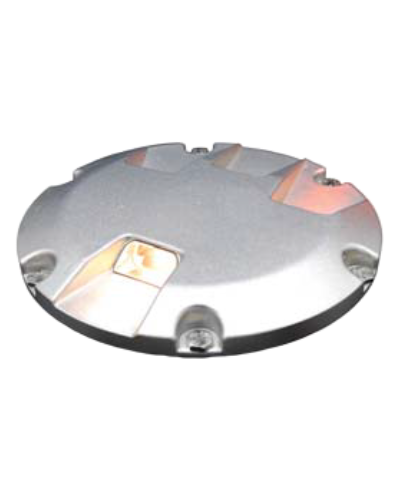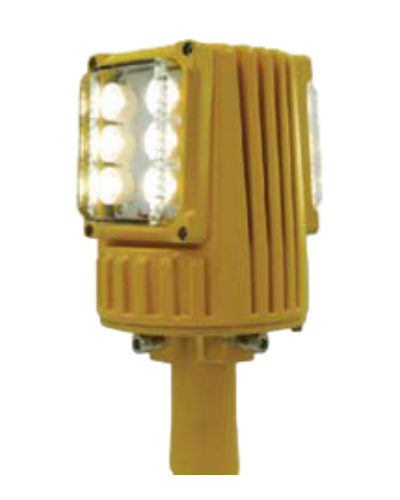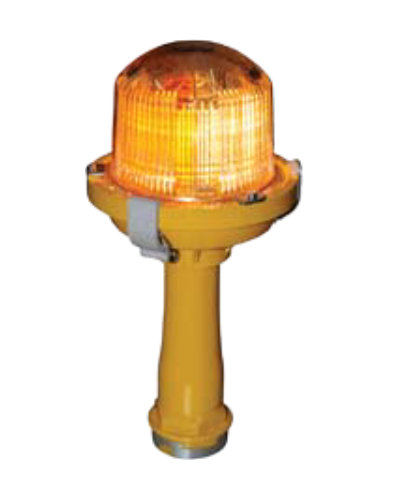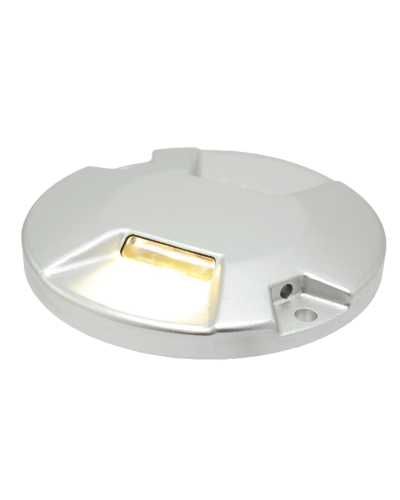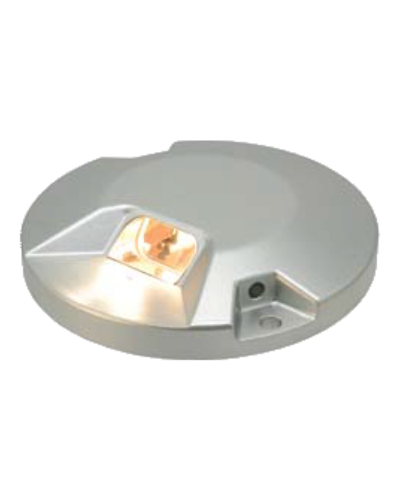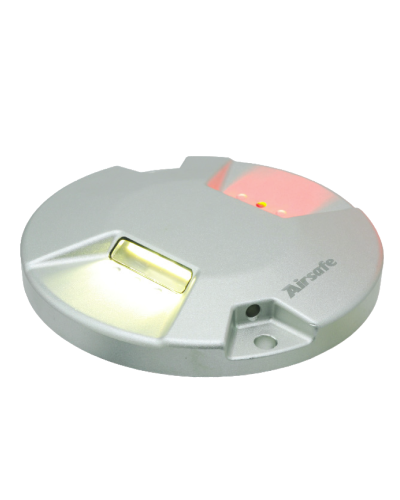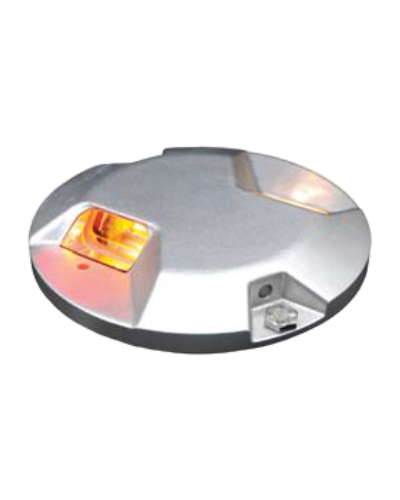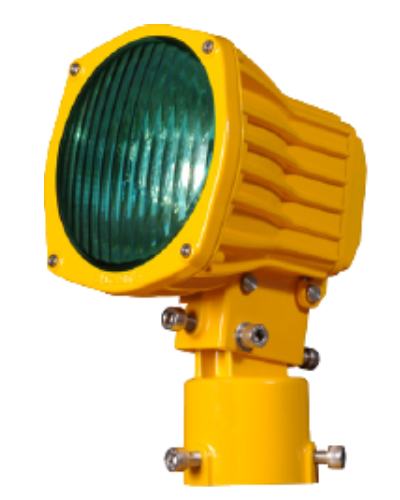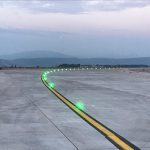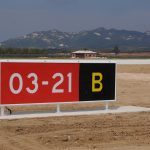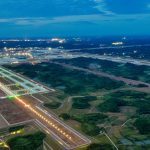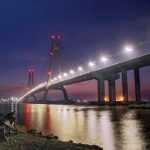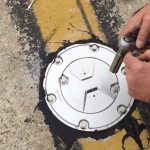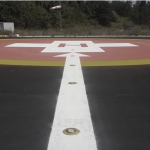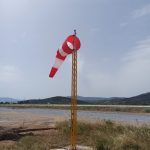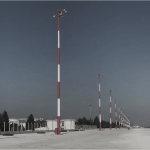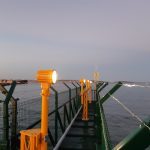Runway Lighting
Runway lighting systems are the backbone of safe aviation operations, especially during nighttime or low-visibility conditions. These lights serve as navigational aids, ensuring that pilots can land and take off with precision and safety.
All Products
Why Runway Lighting is Essential for Airport Operations
Runway lights are specialized lighting systems installed on airport runways to ensure safe aircraft operations during night-time or low visibility conditions. These lights guide pilots during landing, take-off, and taxiing by clearly marking the edges, thresholds, and ends of the runway.
This lighting system extends along the runway, guiding pilots to manoeuvre the aircraft during the landing and take-off phase. Specifically, runway lights provide visual cues that help pilots:
- Identify the runway during approach.
- Align the aircraft correctly for landing.
- Navigate safely during take-off.
These lights also improve operational efficiency, enabling airports to handle more flights, even during adverse weather.
Types of Runway Lights and Their Functions:
·Runway Edge Lights
These are white, yellow or red lights placed along the edges of the runway and define the runway boundaries guiding pilots during take-off and landing. They may be installed as elevated or inset type depending on the requirements and local conditions of the airfield.
·Runway Threshold and Threshold Wing-bar Lights
These lights mark the beginning of the usable runway. Green lights indicate the runway’s starting point. They may be installed as elevated or inset type depending on the requirements and local conditions of the airfield, i.e. inset type when the runway threshold is displaced.
·Runway End Lights
These lights mark the end of the usable runway. They are red colour and are available as elevated or inset type.
·Runway Centreline Lights (RCL)
Runway centreline lights are located along the runway’s centreline of a precision approach runway category II or III. They are white colour that alternate with red when approaching the runway’s end. The purpose is to help pilots maintain alignment during low-visibility landings.
·Touchdown Zone Lights (TDZ)
Touchdown Zone Lights is a series of white lights placed in 2 rows on either side of the centreline near the touchdown area of a precision approach runway category II or III. This AGL system provides a clear indication of the safe landing zone.
The Technology Behind Runway Lighting
Advancements in technology have revolutionized runway lighting, making it more efficient, sustainable, and effective.
- Pilot-Controlled Lighting: In low-traffic airports, pilots can control runway lights using radio signals, which reduces energy consumption by activating lights only when needed.
- Smart Lighting Systems: Sensors and automated controls adjust lighting intensity based on weather and visibility conditions which enhances safety while optimizing energy usage.
- LED Lights: A Game Changer: 3 key words must be said here: Brightness, efficiency and longevity. LED is better technology compared to the previous halogen bulbs.
Regulatory Standards for Runway Lighting
Main applicable Standard requirements for Runway Lighting are defined by EASA CS ADR-DSN. and ICAO Annex 14 Vol. I. and IEC: TS 61827.
AES Airport Solutions as your Runway Lighting Supplier
AES Airport Solutions covers all the applications of runway lighting, for both inset and elevated installation methods (where applicable). AES-Airsafe full range of runway lighting ensures the highest standards of safety and reliability, with proofed compatibility with the most advanced power equipment as well as all the Individual Lamp Control and Monitoring Systems (ALCMS-ILCMS) systems thanks to the most advanced fuse-type-based technology of the Fail-Open Device (FOD) incorporated in the Airsafe fixtures. The low protrusion fitting design ensures zero water ponding in front of the lens, preserving the quality of the light output photometry during operation in wet environments.
With an impeccable track record of success, we are the trusted partner for enhancing safety and operational efficiency.
AES Airport Solutions has a track record of successfully delivering runway lighting systems at airports around the world with major references of runway lighting like Adolfo Suárez Madrid-Barajas Airport, Hamburg Airport, Toulouse-Blagnac Airport, Cologne Bonn Airport.
Other Products
